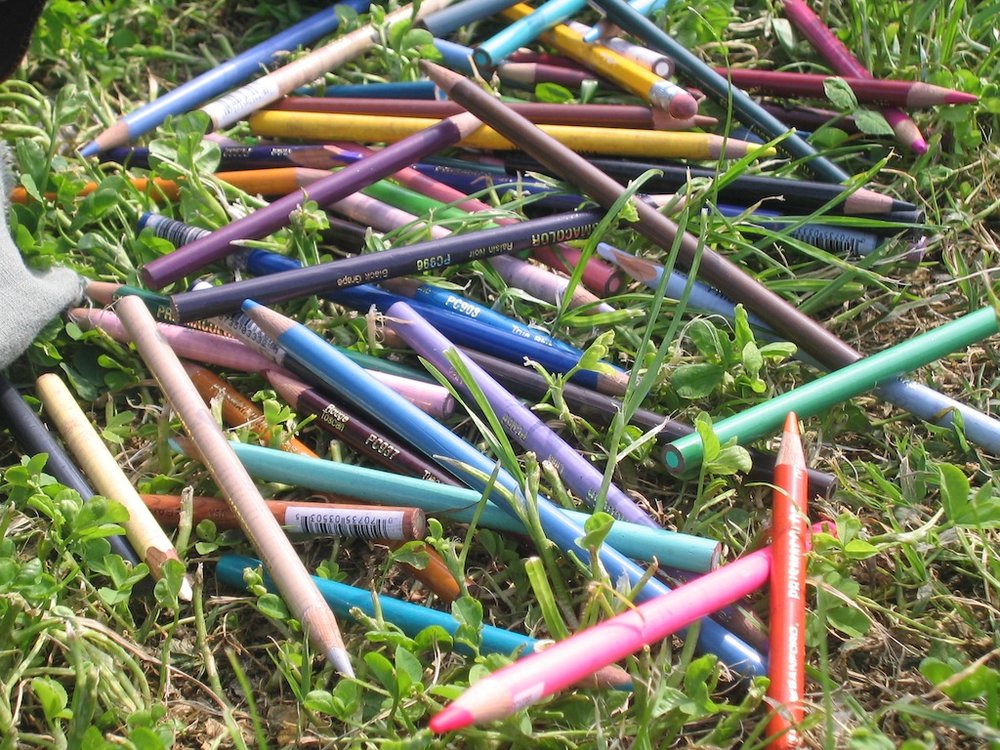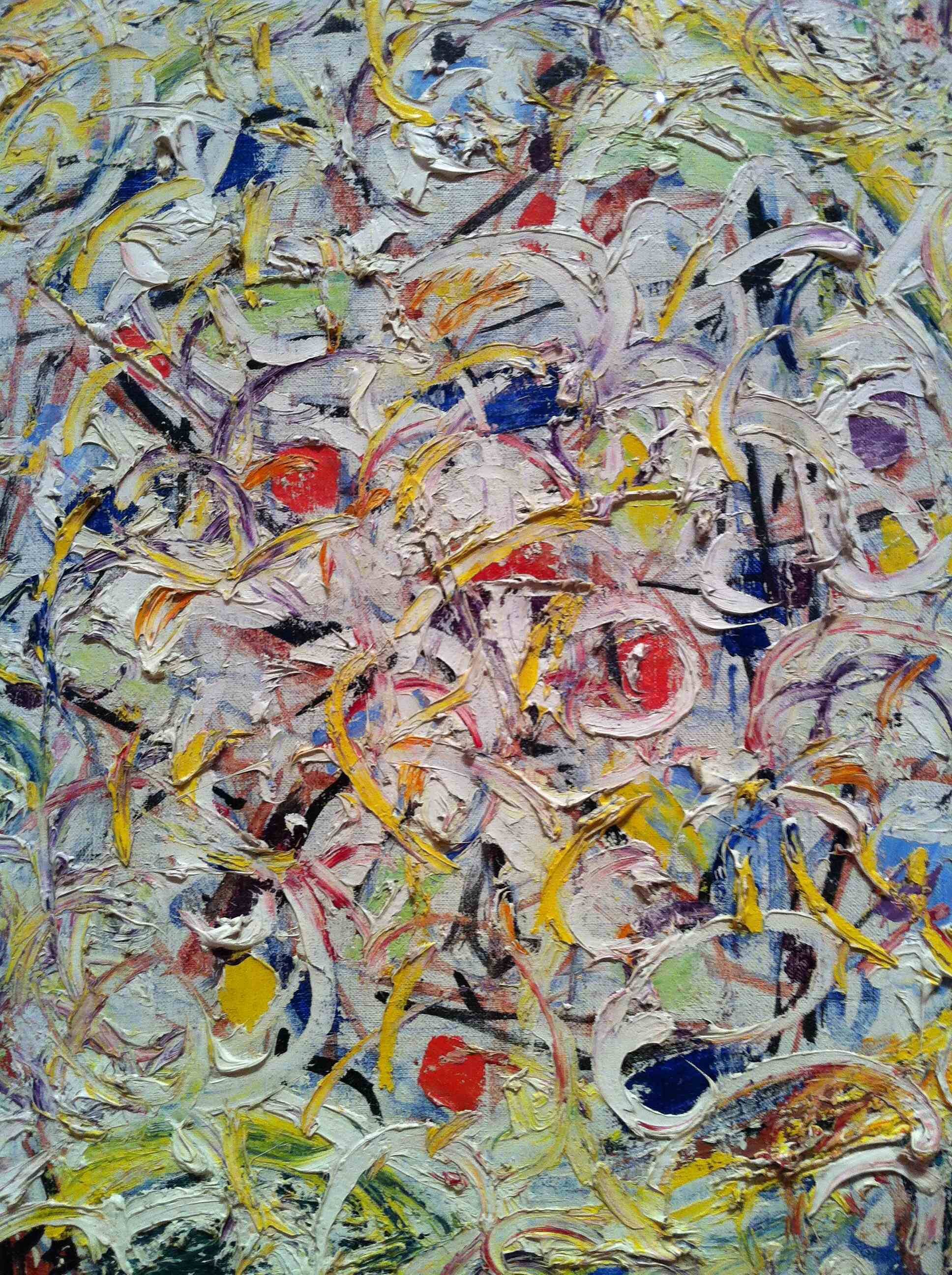 Clutter occupies our thoughts. We wonder:
Clutter occupies our thoughts. We wonder:
- Do I have too much?
- Where does it come from?
- Will I ever get it organized?
- Why does other people’s clutter consume my space?
While all these questions are useful to ponder and solve, right now I’m thinking about the other side of clutter. What happens when we’ve answered those questions? Where are we then?
This spring in particular is a time of transition. Recently, I made a connection with this period of time to clutter. Our oldest daughter is about to graduate college. The four years have zoomed by. To acknowledge her journey, I created a photo album for her. As I looked through and selected the images, what I saw was a life full of “good clutter.” Spaces were filled, but not with physical clutter. Instead, they housed the most important things like family and friends sharing lively conversations, wonderful meals, laughter, love, and tears.
Like the de-cluttering process, these past years also included letting go. We let go as both daughters went off to college. We became empty nesters. Letting go had its challenges, but it also provided the opportunity for growth.
The other side of clutter is about making room in your life for what is most important. What do you value? When you think about the clutter that takes up your space, your thoughts and your time, is it blocking you from getting to that other side? Perhaps you also are going through change. It’s a natural stage to rethink your clutter, release the extraneous, and open the door for something wonderful. What’s possible for you on other side of clutter?






